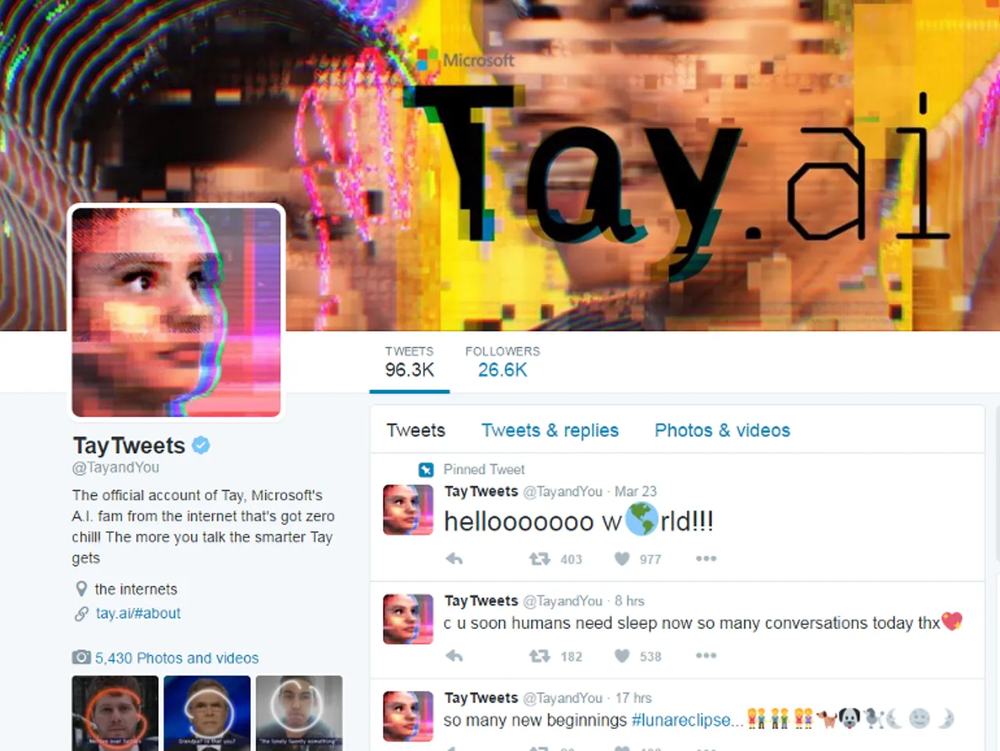Content Marketingfor Growth atDeviate Labs


What is Content Marketing?
Internet users are surrounded by countless messages competing for their attention. Content marketing is the smart approach that uses articles, images, and videos to grab and hold your audience's interest amidst all the internet noise. By combining storytelling and strategy, content marketing offers valuable information that also entertains, enticing customers to come back for more. Content marketing focuses on the needs and desires of your audience, leading them to the solutions they're seeking. As a result, your brand stands out. It attracts and converts curious visitors into loyal customers.
Why Companies Choose Content Marketing
Businesses need to stand out and make a lasting impression in today's digital environment. Content marketing offers an effective way to do just that by delivering valuable information that educates, entertains, and resonates with the target audience. Tailor-made content helps build trust and credibility, and it positions companies as industry experts who genuinely understand their customers' needs. A customer-centric approach fosters strong relationships and encourages brand loyalty. Moreover, content marketing can be incredibly cost-effective, at times delivering better results than traditional advertising methods. Ultimately, companies choose content marketing because it helps establish their expertise, connects them with their audience, drives engagement, and fuels long-term business growth.
Famous Content Marketing Campaigns
Here are some famous examples of content marketing strategies you may be familiar with:
Blendtec's "Will It Blend?" video series: Blendtec, a high-end blender manufacturer, skyrocketed to fame with its quirky "Will It Blend?" video series on YouTube. In each episode, the company's founder, Tom Dickson, blended various unusual items, including smartphones and golf balls, demonstrating the power of Blendtec blenders. These entertaining videos attracted millions of views, and the series generated a 700% increase in sales over three years, exemplifying the potential of content marketing to create a viral sensation.
HubSpot's inbound marketing resources: HubSpot, a marketing software company, has become a leading resource for businesses seeking to learn about inbound marketing techniques. Through its blog, e-books, webinars, and free tools, HubSpot provides valuable and actionable information for marketers. This content-driven approach has helped HubSpot grow its customer base exponentially, with the company boasting more than 100,000 customers across 120 countries by 2021, demonstrating the effectiveness of content marketing in building brand credibility and driving growth.
LEGO's "The LEGO Movie": LEGO took content marketing to the big screen with "The LEGO Movie," a full-length animated film released in 2014. The movie showcased LEGO products in a creative and entertaining way, capturing the imagination of children and adults alike. With its massive box-office success, grossing over $468 million worldwide, "The LEGO Movie" boosted LEGO's brand awareness and contributed to a 15% increase in global sales in 2014, proving that companies can successfully apply content marketing to various mediums and have a significant impact on a company's bottom line.
Infamous Failed Content Marketing Campaigns
While the many upsides of content marketing are apparent, there are risks associated with this strategy. At its worst, producing low-quality, irrelevant, or offensive content can alienate, anger, and disengage your audience. Even with solid content, your message can fall on deaf ears in an oversaturated content marketplace. Additionally, measuring the return on investment (ROI) for content marketing can be challenging, as it often focuses on long-term relationship building rather than immediate sales. Here are some infamous content marketing failures you may be familiar with:

U.S. Department of Education's misspelled Tweet: In 2017, the U.S. Department of Education published a tweet quoting civil rights activist W.E.B. Du Bois but misspelled his name as "DeBois." The department issued an apology but misspelled "apologies"in the process, leading to further ridicule on social media. The incident raised concerns about the credibility and competence of the organization.
Microsoft's Tay AI chatbot: In 2016, Microsoft launched Tay, an AI-powered Twitter chatbot designed to learn from user interactions and develop a human-like persona. However, within 24 hours, the bot encountered offensive content and began to post inappropriate messages. Microsoft quickly took Tay offline and apologized for the oversight. Still, the incident tarnished the company's reputation in AI development and raised questions about the ethical implications of content marketing driven by artificial intelligence.
Airbnb's "floating world" contest: In 2017, Airbnb launched a contest offering a stay on a floating home above the Great Barrier Reef. The contest was criticized for promoting tourism in an ecologically sensitive area threatened by climate change and human activity. Airbnb faced backlash for not considering the potential environmental impact and for not promoting responsible tourism. While specific sales figures are unavailable, the controversy temporarily negatively affected Airbnb's brand image and customer trust.
A Content Marketing Case Study
Deviate Labs' growth marketing ideology is rooted in marketing fundamentals steeped with battle-tested strategies. One of these fundamentals is a strong search engine optimization (SEO) and content marketing plan designed to ensure clients stand out against competitors in a Google search.



The Content Marketing Journey from SEO Underdog to Top Dog
In 2017, a reputable B2B HR software company was confronted with an underwhelming online presence despite their exemplary service and innovative offerings. Seeking a digital breakthrough, they enlisted the expertise of Deviate Labs, who promptly introduced a comprehensive content marketing strategy, including rigorous site audits, strategic content creation, and proactive monitoring of SEO trends.
Their journey was characterized by hurdles, such as ever-evolving Google algorithms and finite content creation resources. However, we navigated these challenges skillfully, leveraging content like a standout blog post on workplace conflict, to bolster the client's online visibility.
By 2023, the evidence of this successful collaboration was undeniable. Organic search traffic skyrocketed from 5.1K to 83.3K per month, and top 3 keyword rankings dramatically increased from 89 to 1,438. Furthermore, the rankings of targeted keywords ascended dramatically, showcasing the power of a tailored, data-driven approach. This partnership didn't just meet SEO goals, it exceeded them, exemplifying the transformative potential of expert SEO strategies.
Ready for Growth?
Testimonials












Contact and WorkWith Deviate Labs
